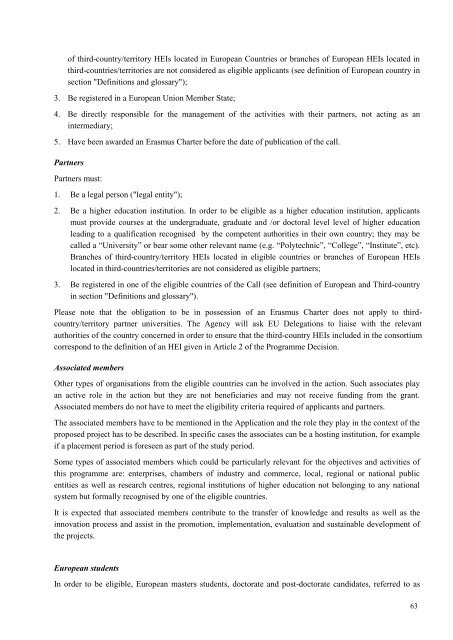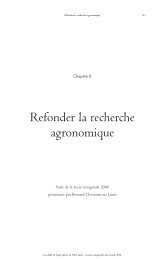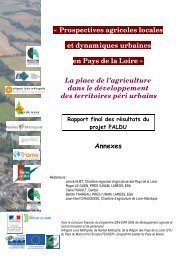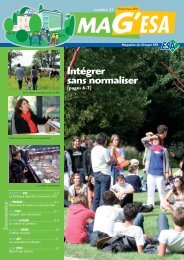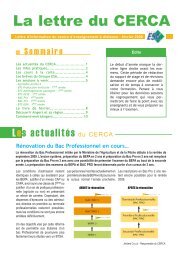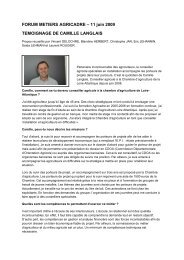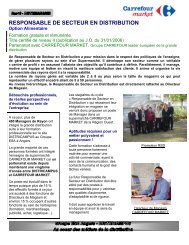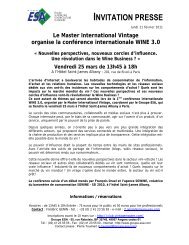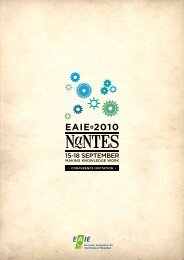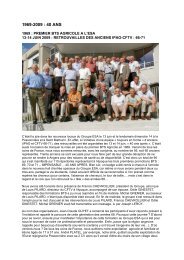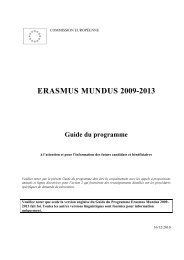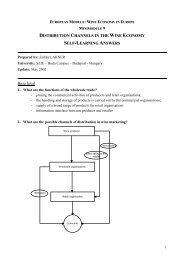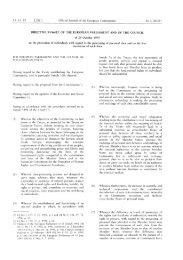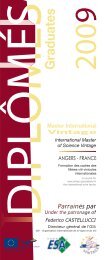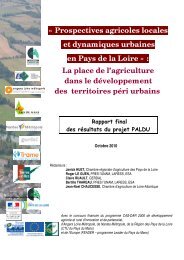ERASMUS Mundus Program Guide - EACEA - Europa
ERASMUS Mundus Program Guide - EACEA - Europa
ERASMUS Mundus Program Guide - EACEA - Europa
You also want an ePaper? Increase the reach of your titles
YUMPU automatically turns print PDFs into web optimized ePapers that Google loves.
of third-country/territory HEIs located in European Countries or branches of European HEIs located in<br />
third-countries/territories are not considered as eligible applicants (see definition of European country in<br />
section "Definitions and glossary");<br />
3. Be registered in a European Union Member State;<br />
4. Be directly responsible for the management of the activities with their partners, not acting as an<br />
intermediary;<br />
5. Have been awarded an Erasmus Charter before the date of publication of the call.<br />
Partners<br />
Partners must:<br />
1. Be a legal person ("legal entity");<br />
2. Be a higher education institution. In order to be eligible as a higher education institution, applicants<br />
must provide courses at the undergraduate, graduate and /or doctoral level level of higher education<br />
leading to a qualification recognised by the competent authorities in their own country; they may be<br />
called a “University” or bear some other relevant name (e.g. “Polytechnic”, “College”, “Institute”, etc).<br />
Branches of third-country/territory HEIs located in eligible countries or branches of European HEIs<br />
located in third-countries/territories are not considered as eligible partners;<br />
3. Be registered in one of the eligible countries of the Call (see definition of European and Third-country<br />
in section "Definitions and glossary").<br />
Please note that the obligation to be in possession of an Erasmus Charter does not apply to thirdcountry/territory<br />
partner universities. The Agency will ask EU Delegations to liaise with the relevant<br />
authorities of the country concerned in order to ensure that the third-country HEIs included in the consortium<br />
correspond to the definition of an HEI given in Article 2 of the <strong>Program</strong>me Decision.<br />
Associated members<br />
Other types of organisations from the eligible countries can be involved in the action. Such associates play<br />
an active role in the action but they are not beneficiaries and may not receive funding from the grant.<br />
Associated members do not have to meet the eligibility criteria required of applicants and partners.<br />
The associated members have to be mentioned in the Application and the role they play in the context of the<br />
proposed project has to be described. In specific cases the associates can be a hosting institution, for example<br />
if a placement period is foreseen as part of the study period.<br />
Some types of associated members which could be particularly relevant for the objectives and activities of<br />
this programme are: enterprises, chambers of industry and commerce, local, regional or national public<br />
entities as well as research centres, regional institutions of higher education not belonging to any national<br />
system but formally recognised by one of the eligible countries.<br />
It is expected that associated members contribute to the transfer of knowledge and results as well as the<br />
innovation process and assist in the promotion, implementation, evaluation and sustainable development of<br />
the projects.<br />
European students<br />
In order to be eligible, European masters students, doctorate and post-doctorate candidates, referred to as<br />
63


